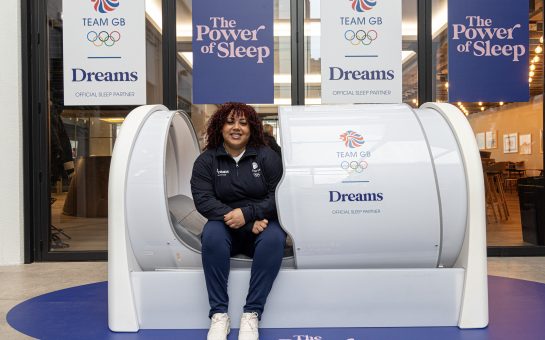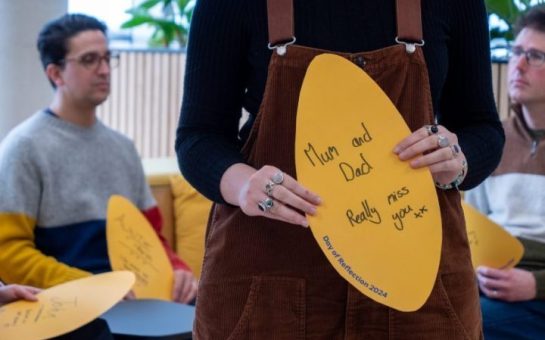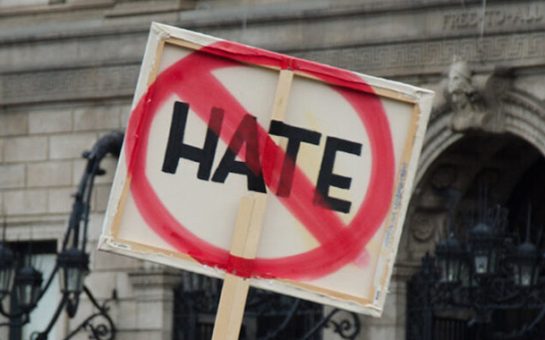By Alex Ross
July 14 2020, 11.30
Follow @SW_Londoner
The coronavirus lockdown will make a significant impact on the quality of people’s sleep and health in the future, say sleep experts.
An overwhelming combination of upheaval to people’s daily routine, working from home, being glued to screens, and stress and anxiety caused by the pandemic has hit individuals and families.
A joint survey taken by The Sleep Council, The Sleep Charity, and Sleepstation in April revealed that 43% of people were finding it harder to fall asleep, 77% found that their lack of sleep interfered with their ability to function the next day, and 75% said that anxiety over covid-19 affected their sleep.
These figures highlight the impact the pandemic has had on people’s health, according to sleep expert Dr Neil Stanley.
“Probably since the Second World War we’ve never had a situation where everybody is affected in multiple ways – not only do you have to worry about illness, you have financial worries as well,” he said.
These trends are likely to continue even now that lockdown is easing and social distancing measures reduced.
Routine
“One wonders what is going to be the new normal – we’ve all had to transition, and some people haven’t transitioned well to the pandemic lifestyle,” said Dr Stanley.
“There’s obviously going to be some sort of reset when we are all let loose again.
“Getting back to the old ways will cause problems. We are mucking about with the basic way that we live, and of course that will have negative consequences for our sleep.”
During #lockdown, many people have experienced problems with their #sleep, especially people with #insomnia. How would you rate your quality of sleep over the 3 months of lockdown? #sleeping #sleephygiene
— Alex Ross (@A_lexRoss) June 29, 2020
Digital PR specialist Gabrielle Ashanti, who has suffered from insomnia in the past, was furloughed and working freelance.
“In lockdown the quality of my sleep changed drastically. I found myself waking up as early as 6am and going to bed as late as 3am,” said Ashanti.
“My mind is overworked. As home is a place to relax and log off from work and routine, it can be difficult to get both mind and body to stop overworking and get ready to sleep.”
The shifts in routine are a major factor affecting people’s sleep hygiene.
“However unconscious we may be of the fact, we live our lives according to a routine. We get up not because we want to but because we have to in order to get to work,” said Dr Stanley.
For project manager Suzee Laxton, a chronic insomniac for several years, both anxiety and being furloughed upset her sleep quality – usually she has difficulty staying asleep.
“During lockdown I spent ages not getting to sleep because everything feels so unsettling in the world,” she said.
“Because I’ve been furloughed, any sense of routine has been lost, which has messed things up.
“If I’ve gone a week where I really haven’t slept, then I will sleep for 24-48 hours in a row, and as part of that I fall asleep at really random times when I get exhausted.
“Often, even if I have plans for Zoom calls with friends, I end up falling asleep and not being able to wake up for them, so it makes things unpredictable.”
Screen time
The nation has also been glued to screens as a consequence of lockdown. According to an Ofcom report, the average time online spent per visitor per day had increased across every age group between February and April 2020.
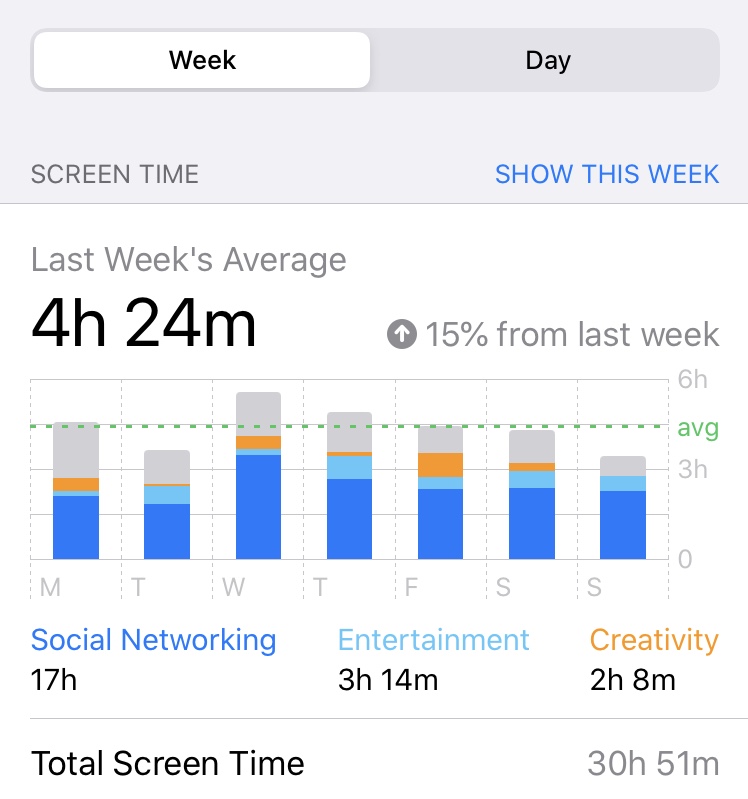
Similarly, screen time data from the Moment app in May, showed phone usage had increased by 30% from pre-pandemic levels.
Health and wellbeing
The survey also found that lack of sleep was detrimental to people’s wellbeing, with 12% saying they were experiencing severe forms of depression linked to sleeping problems.
“Sleep is about balance – keeping the system running at its optimum. Sleep is an an indicator of health,” said Dr Stanley.
Poor sleep can affect people’s ability to function the next day with alarming consequences.
Ms Laxton experiences debilitating symptoms: “I can’t form sentences, my brain starts to properly shut down. I can move, but I can’t form words, and if someone gave me something to read, I wouldn’t recognise the words. It can get quite scary.”
“We’ve got to find this balance with people’s mental health. Lockdown has eased somewhat and that is helping, but mental health is key in all of this,” said Sleep Council deputy CEO Lisa Artis.
The pandemic has highlighted problems with the availability of sleep support to vulnerable people and families across the country.
For families, increased screen time combined with staying at home and home-schooling small children has directly affected sleep quality.
“I predict we will see more sleep issues that need support as a result of the pandemic, particularly once schools have fully re-opened,” said The Sleep Charity founder Vicki Dawson.
“Sleep problems can have a devastating impact on family life. We have seen families who have split up because of the stress that sleep issues have placed on relationships.
“We have worked with families who have been unable to work due to chronic sleep deprivation – professional drivers, surgeons, pharmacists – jobs where safety is compromised if you are not well rested.
“Some families have lost their homes as a result.”
Dreams
Dreams were becoming more vivid, according to 33% of those surveyed, with women initially reporting it more, but since this revelation, men and children have reported similar experiences, says Ms Artis.
Nightmares affected Ms Laxton’s sleep before the lockdown, but her dreams became more lurid during the pandemic.
“A lot of my dreams during lockdown have shifted to people I have perhaps known in my life but no longer see and it’s been about wanting to see them,” she added.
“I think that it is clearly reflective of some sense of missing people during isolation, and I’ve never had those dreams before.”
There is an explanation for this phenomenon, dubbed as ‘quarandreams’ earlier in the lockdown – but 37% said their dreams were no more vivid than usual.
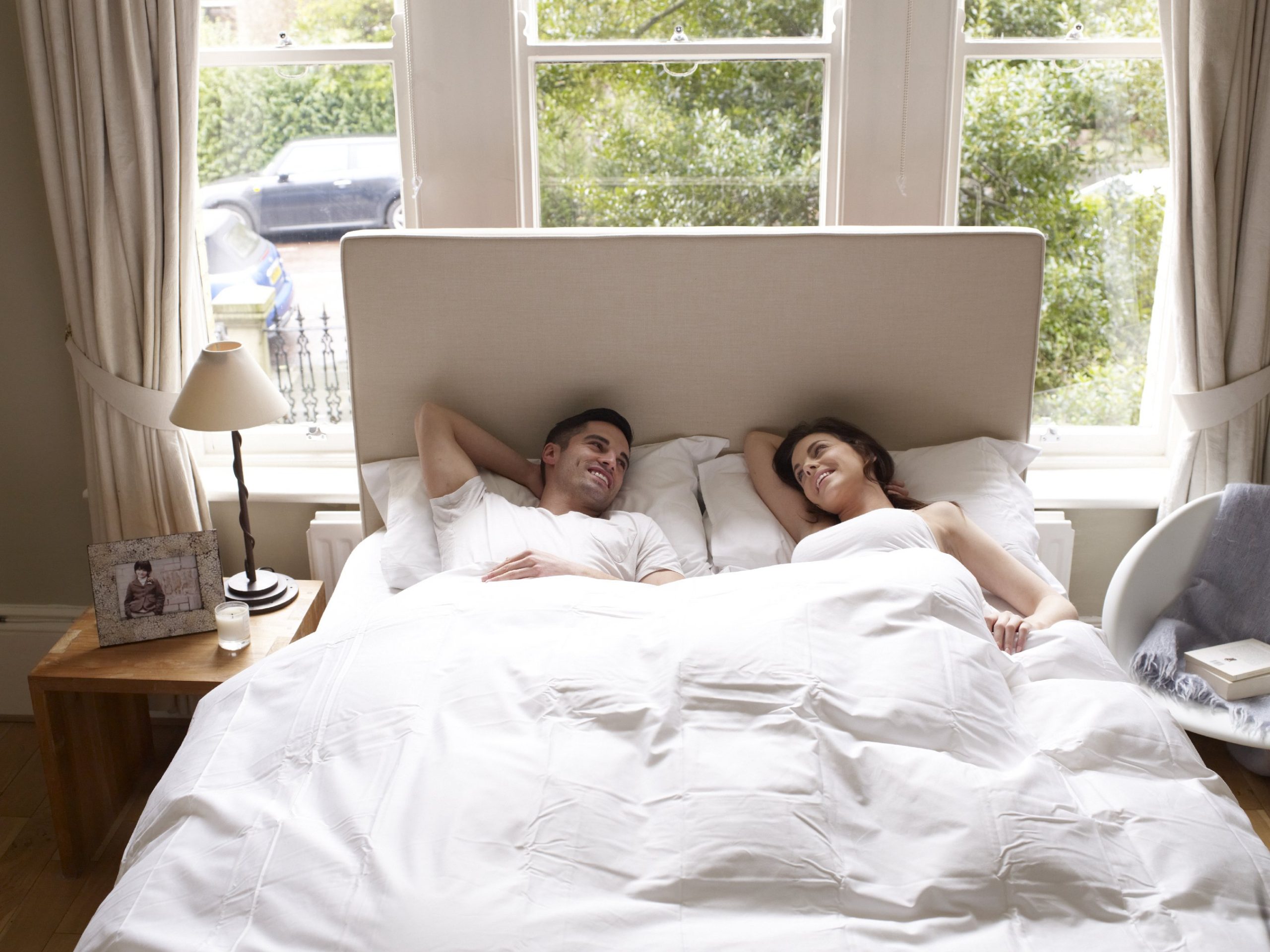
“There’s no such thing as vivid dreams,” said Dr Stanley.
“Imagine your dreams are like going to a cinema multiplex – there would be 10 films on. Are any of them higher in definition than the others? No. Are any brighter than the others? No. But is the content different? Yes.
“There may be rom-coms, science fiction, and that obscure horror movie that really shouldn’t be shown to everybody. If you were to watch all 10 of them, you would probably remember the obscure horror movie.”
People are estimated to have four to five dreams a night during phases known as Rapid Eye Movement (REM) sleep.
Stress and anxiety stimulates the brain, which means dreams are more emotionally-involving for those with coronavirus nightmares, and people are more likely to wake up in the night.
“When our brain is in this heightened sense of alertness, we have a more disturbed night’s sleep with more brief awakenings, and if you are waking during your REM sleep, you are more likely to remember the dreams,” said Ms Artis.
Night Owls
Lockdown has highlighted differences in people’s body clocks.
While some people have struggled with sleep, others have adapted their sleep cycles and suffered little.
‘Night owls’ have even enjoyed the pandemic lifestyle of going to bed and waking up later, and commuting a few metres to their work desk.
“Those people are thriving because they have managed to get their work balance in line with their sleeping patterns,” said Ms Artis.
For some, working from home may even be a welcome relief, suggests New York paediatrician Dr Umbereen Nehal.
“Maybe you have a toxic work environment and maybe the pandemic protects you from some of the people you work with – that’s probably a rare situation,” said Dr Nehal.
Remedies
The remedies to most sleeping problems are controllable.
A range of treatments is available, not least practising good sleep hygiene.
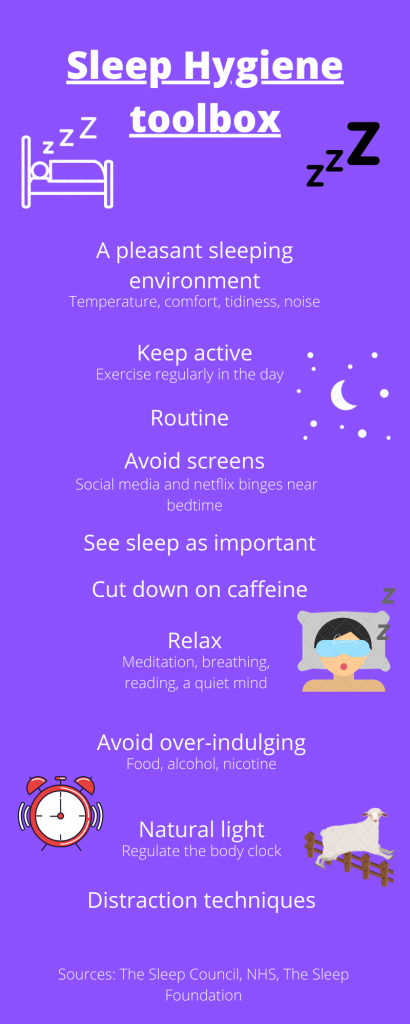
The nature of sleep means that there is no definite treatment for its problems.
“I don’t want to be the sleep police – people need various things to wind down, and it’s important people don’t feel they have to follow a ‘top 10 list of the things you need to do to get to sleep’,” said Artis.
“That’s just an immediate turn off for many. Just take one or two of those things and work on them.”
“Your usual toolbox to deal with sleep issues, you would apply and go through systematically. There’s not going to be a pandemic sleep pill,” said Dr Nehal, who has also suffered from insomnia.
Cognitive behavioural techniques can be effective for chronic insomniacs, with GPs increasingly averse to prescribing the stop-gap treatment of sleeping pills.
But the best way to improve quality of sleep is through a degree of self-discipline.
“People know about the problems of sleep, and know what they should do to get a good night’s sleep. They just don’t do it, because everything else you can replace sleep with is so much more fun,” said Dr Stanley.
“We see sleep as the thing we can give up – I can get by. Is that what your ambition for the day is? Just to get by?
“Why would you want less sleep – it’s a wonderful thing!”

